By Lin Zhuowei, Xue Lingqiao
(ECNS)—Climate change, carbon emissions, and environmental protection have long been key areas of cooperation between China and France, highlighting both nations' responsibility in tackling global challenges. These topics were a focal point at the opening ceremony of the "Peking University-Sciences Po Climate Week," held in Beijing on Oct. 21, to commemorate the 60th anniversary of diplomatic ties between the two countries.
As the 60th anniversary of China-France diplomatic relations is celebrated, and with October marking the start of the 2024 Franco-Chinese Month of the Environment, the "Climate Week" event, themed "Under the Same Sky," is set to strengthen the two countries' shared vision and cooperation in climate action.
In his remarks at the event, Nicolas Pillerel, minister counsellor for culture, education, and scientific affairs of the French Embassy in China, emphasized the need for all sectors of society, including governments and businesses, to work together in addressing the global climate crisis. He expressed France's strong support for China’s environmental initiatives and stressed the importance of this event in opening a new chapter of climate cooperation between the two nations.
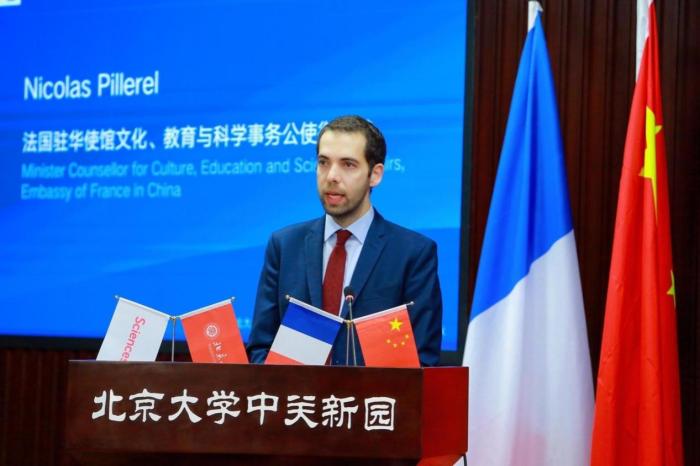
"Climate issues are global and complex, affecting politics, economics, and trade," said Laurent Bardon, first counsellor for climate action and environment at the European Union Delegation to China. He noted that both China and the EU have set ambitious carbon neutrality goals—China aims to peak carbon emissions by 2030 and achieve carbon neutrality by 2060, while the EU plans to reduce net greenhouse gas emissions by 90% by 2040 relative to 1990 and achieve carbon neutrality by 2050.
Bardon urged countries to establish mechanisms to combat climate change and to release reports outlining their paths to carbon neutrality.
China and Europe, located at opposite ends of the Eurasian continent, are major forces in promoting a multipolar world, supporting globalization, and advocating for cultural diversity. Their relationship is crucial for the prosperity of Eurasia and the future of global geopolitics, Bardon added.
In 2023, China made significant strides in renewable energy development, with over half of the world’s new capacity installed that year and China’s cumulative installed capacity amounting to 40% of the world’s total. By July 2024, China’s renewable energy installed capacity reached 1.68 billion kilowatts, with wind and solar power totaling 1.206 billion kilowatts combined.
During the event, Xia Yingxian, director general of the Climate Change Department of China’s Ministry of Ecology and Environment, highlighted the milestone significance of China-France cooperation in climate change, particularly their joint efforts that led to the adoption of the Paris Agreement by 197 countries at the 21st UN Climate Change Conference. This agreement established a global framework for addressing climate change after 2020.
Xia called on all nations to continue following the principles of the United Nations Framework Convention on Climate Change and the Paris Agreement, to accelerate multilateral efforts, and deepen international cooperation in building a green, low-carbon, and climate-resilient society.
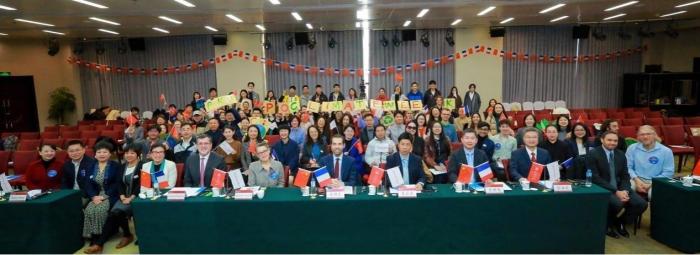
Shahbaz Khan, director and representative to the UNESCO Regional Office for East Asia, noted the deep historical ties between China and France. He emphasized that their partnership—ranging from renewable energy innovations to sustainable development policies—will drive global progress. He also highlighted the critical role of youth in climate action, with their patience, creativity, and determination contributing to a brighter future.
To bolster global climate governance, Khan called for the cultivation of young leaders with a strong sense of environmental responsibility, giving them a greater voice in decision-making processes.








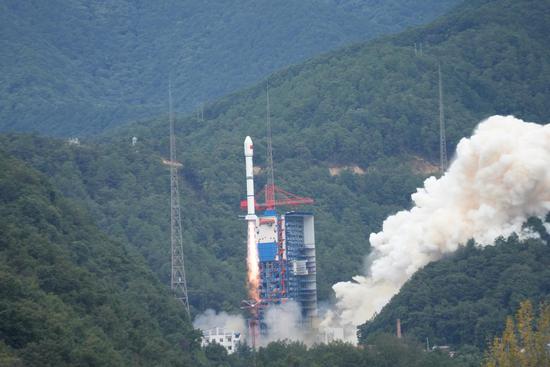


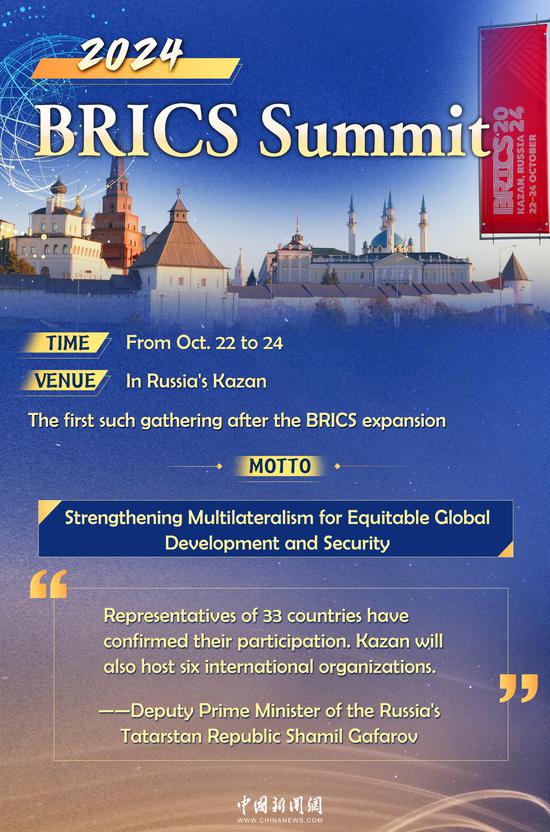













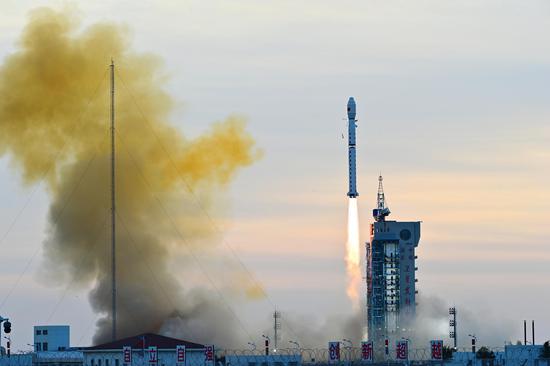


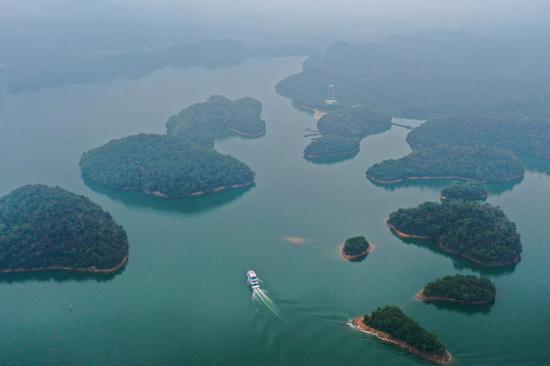
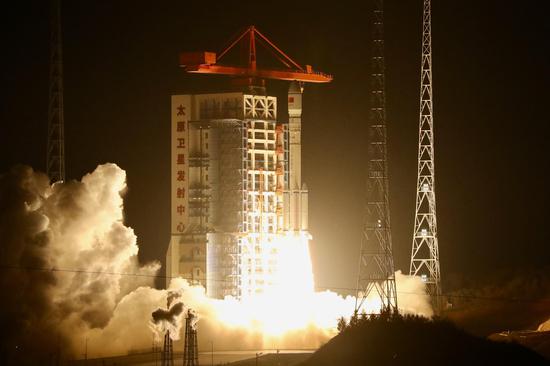
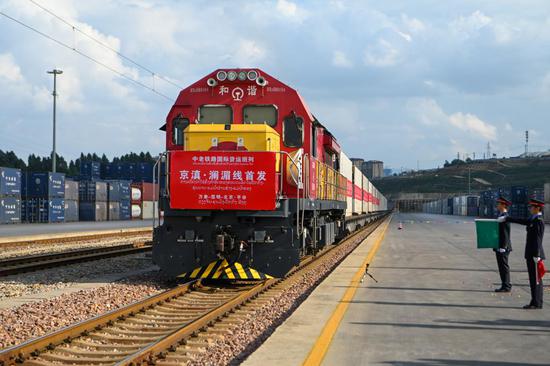




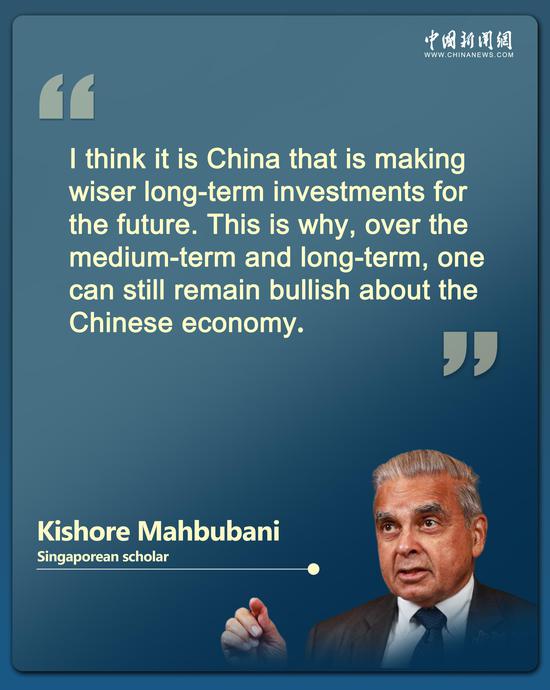
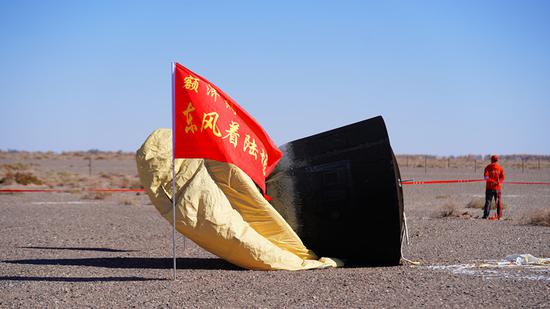




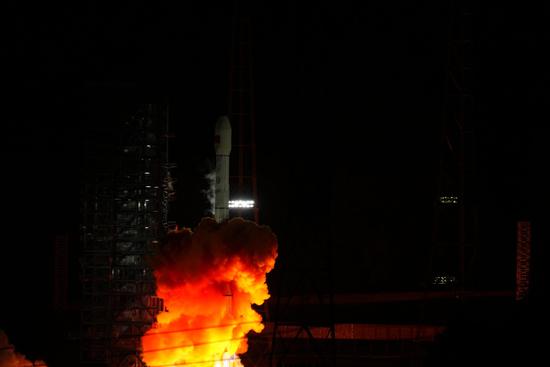

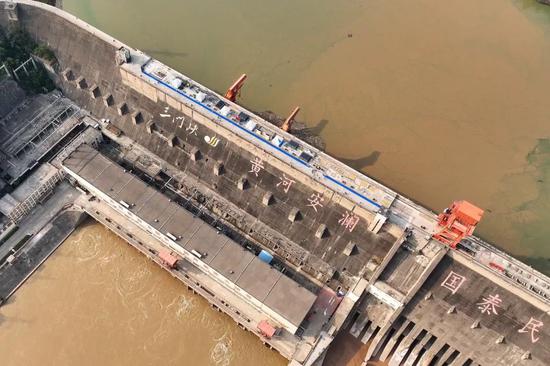






 京公网安备 11010202009201号
京公网安备 11010202009201号